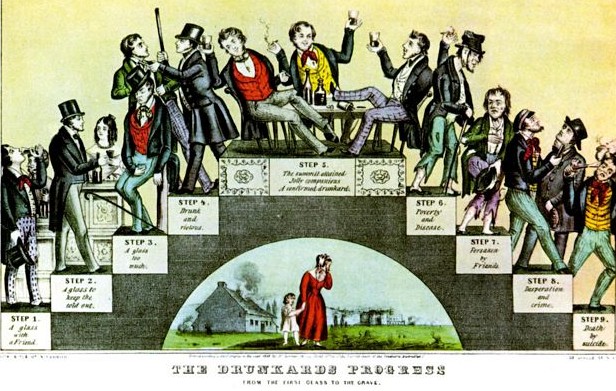In “Awakening of the Heart” Vietnamese-French Buddhist monk and teacher Thich Nhat Hanh offers a translation of the Bhaddekaratta Sutta:
Do not pursue the past.
Do not lose yourself in the future.
The past no longer is.
The future has not yet come.Looking deeply at life as it
is in the very here and now,
the practitioner dwells
in stability and freedom.We must be diligent today.
To wait until tomorrow is too late.
Death comes unexpectedly.
How can we bargain with it?
The quality of your life depends on how you live at this moment. Within the span of a few minutes, you may experience the darkest part of your life or the brightest. In one instant, you may suffer the painful pinpricks of stress; in the next, you may revel in the fullness and mystery of life.
By meditating on these experiences, you will realize that your memories and daydreams are actually illusory. They are not happening now; they are simply mental images flickering in the mind. Most of the strands of your mind’s apprehensions are fleeting and ultimately unimportant.
The first step towards achieving harmony, joy, happiness, and well-being is to recognize that your upheavals are nothing but your own mind’s projections. You are in control and can prevent yourself from being overwhelmed by them.
Mindfulness comes from paying attention to what you are doing right now and letting go of regrets, worries, and fears. Far greater joy is in the living process than in the outcome. Be in the moment.
Idea for Impact: Your past has created the present; create your future by focusing on the present.
 During my travels, I am asked why I don’t drink alcohol more often than I am asked why I am
During my travels, I am asked why I don’t drink alcohol more often than I am asked why I am 